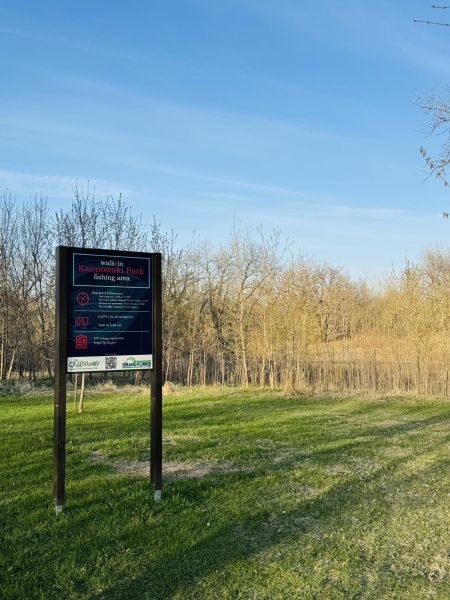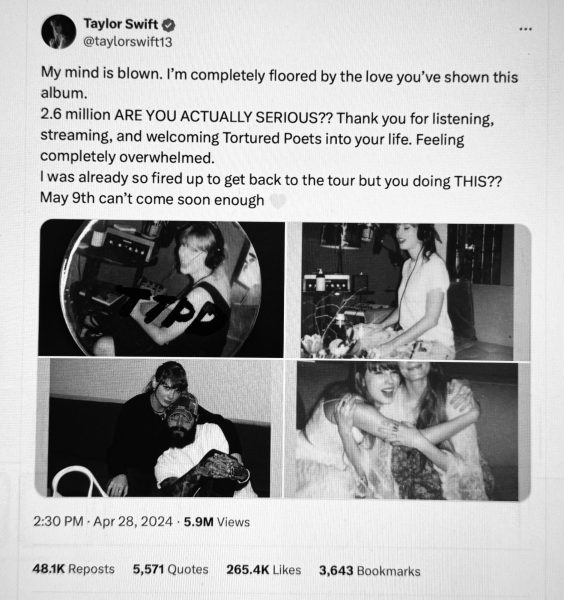Games with Russia risky
Ukraine’s interim Prime Minister, Arseniy Yatsenyuk, said Russia declared war with Ukraine on March 2. At the same time, the U.S. reported Russia had taken control of Crimea. The game of risk had become a reality.
Crimea has one of the largest regions in the Black Sea for oil production, as well as important ports in the Black Sea that have access to the Mediterranean.
The region itself — known for being pro-Russian — voted on March 16 to join the Russian Federation, and allegedly had 97 percent of the population agree. This was the first step toward another reign of Russian dominance.
Fearing the actions of Russia in Ukrainian lands has led to a war of sanctions with the west. With Russia declaring Crimea part of its territory, the U.S. and European Union started the first round of sanctioning, freezing assets and travels bans for people involved, all deemed to be heavily involved in Ukraine’s change in political views.
Other potential sanctions include trading bans on companies such as, Gazprom a natural gas company under the control of the Russian government. It’s the main player in buying the rights to the natural gas reserves in Crimea.
Gazprom is already having problems with supply lines and could lose more than half of their pipes, which go through Ukraine.
With some sanctions affecting how Russia is viewed around the world, some bans have been more comedic.
U.S. Senators Mark Kirk and Dan Coats requested the FIFA — international soccer football governing body — take away Russia’s privilege to host the 2018 World Cup, due to recent events which go against FIFA’s rules.
Russia, angered by the remarks, wrote to FIFA to have the U.S. out of the present world cup for all of things it did against FIFA rules.
Beyond the quirky items to come from this European crisis, the threat of those who wish to control other nations isn’t one to be treated lightly.
Wars damage not just the nations involved, but everyone. It affects trade, resolutions and peace.
The game of risk requires one side to win. In this case, it’s western nations versus Russia. We’re in the first stages of the game. The most recent move was March 31, when Russia agreed to remove some troops near the Ukrainian border.
The early stages lead to many questions. How will Ukraine hold up with Russia on their doorstep? What are Russia’s foreign policy plans? How does this impact future U.S. efforts to uphold democratic freedom?
It’s at a standstill for the moment, but we can’t expect that to last. It’s likely Ukraine will come to terms with Russia and allow Crimea to be a part of the Russian Federation. With Ukraine’s economy in debt, its ties with companies like Gazprom are vital.
It would be a mistake to fully invade Ukraine because Russia needs Ukraine as much as Ukraine needs Russia. Thus the countries are at a stand still, and the game of Risk continues.
Hunter Erickson is a columnist for The Dakota Student. He can be reached at [email protected].











